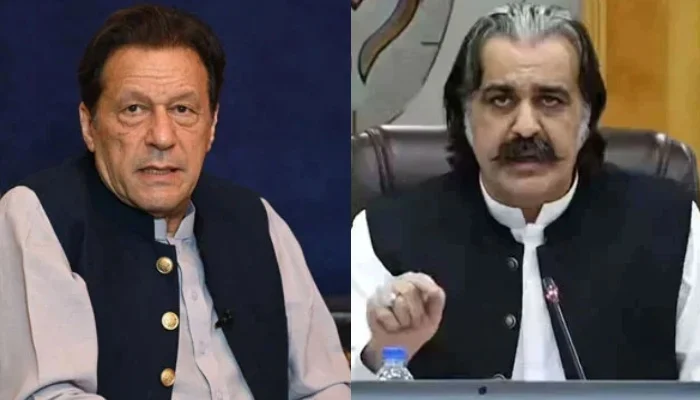The Pakistan Tehreek-e-Insaf (PTI) Khyber Pakhtunkhwa (KP) organizing committee has demanded the removal of the Pakistan Army from the province within 15 days. The demand targets the deployment under Article 245 of the Constitution. It comes at a time when terrorism in KP is at its peak, and the army is conducting over 190 intelligence-based operations (IBOs) daily, often at the cost of soldiers’ lives.
A Narrative Echoing Enemy Voices?
Security experts argue that the call for a military pullout amounts to facilitating terrorist groups. They claim this language aligns with hostile forces, including Indian-backed proxies, separatist factions, and other anti-state actors. Observers point out that PTI’s narrative mirrors the tone used by hostile networks, raising serious concerns about its implications for national security.
Legacy of Governance Gaps
Incidents in Tirah, Bannu, Kurram, and Parachinar are cited as the fallout of PTI’s 12-year rule in KP, marked by governance failures and administrative gaps. The Director General of Inter-Services Public Relations (DG ISPR) has repeatedly emphasized that the Pakistan Army and law enforcement agencies are sacrificing lives daily to counter terrorism. Analysts link the current sacrifices to PTI’s policies, particularly the controversial 2021 decision to reintegrate militants, which created the security void now being filled by the army.
CTD’s Structural Weaknesses
A 2022 report revealed that KP’s Counter Terrorism Department (CTD) allocates 96% of its budget to salaries, leaving only 4% for operations. There have been no serious investments in modern equipment, training, or infrastructure. Despite having the highest number of officers in Pakistan, KP’s CTD is widely seen as undertrained, ill-equipped, and ineffective. Critics argue that PTI’s provincial government has failed to take counter-terrorism seriously.
Critics See Political Deflection
Many believe PTI’s demand for military withdrawal is a diversion from its own corruption, incompetence, and the failure of its recent August 5 protest. Observers warn that politicizing sensitive security matters for political gain sets a dangerous precedent. If troops withdraw from the merged tribal districts, experts fear terrorists will regroup, fulfilling the long-held objectives of India and its proxies. The threat would not remain confined to tribal areas but could endanger the entire country.
Filling the Void Left by Civil Authorities
The Pakistan Army currently fills the governance vacuum left by the provincial government’s failures. Analysts warn that PTI’s calls for troop withdrawal undermine the sacrifices made by security forces and strengthen enemy objectives. Law and order remain the provincial government’s responsibility, yet the army continues its operations to protect national security.
Military officials have made it clear that if the provincial government insists on withdrawal, the army will comply immediately. However, any future security fallout in KP will rest squarely on Chief Minister Ali Amin Gandapur and PTI’s provincial administration.


